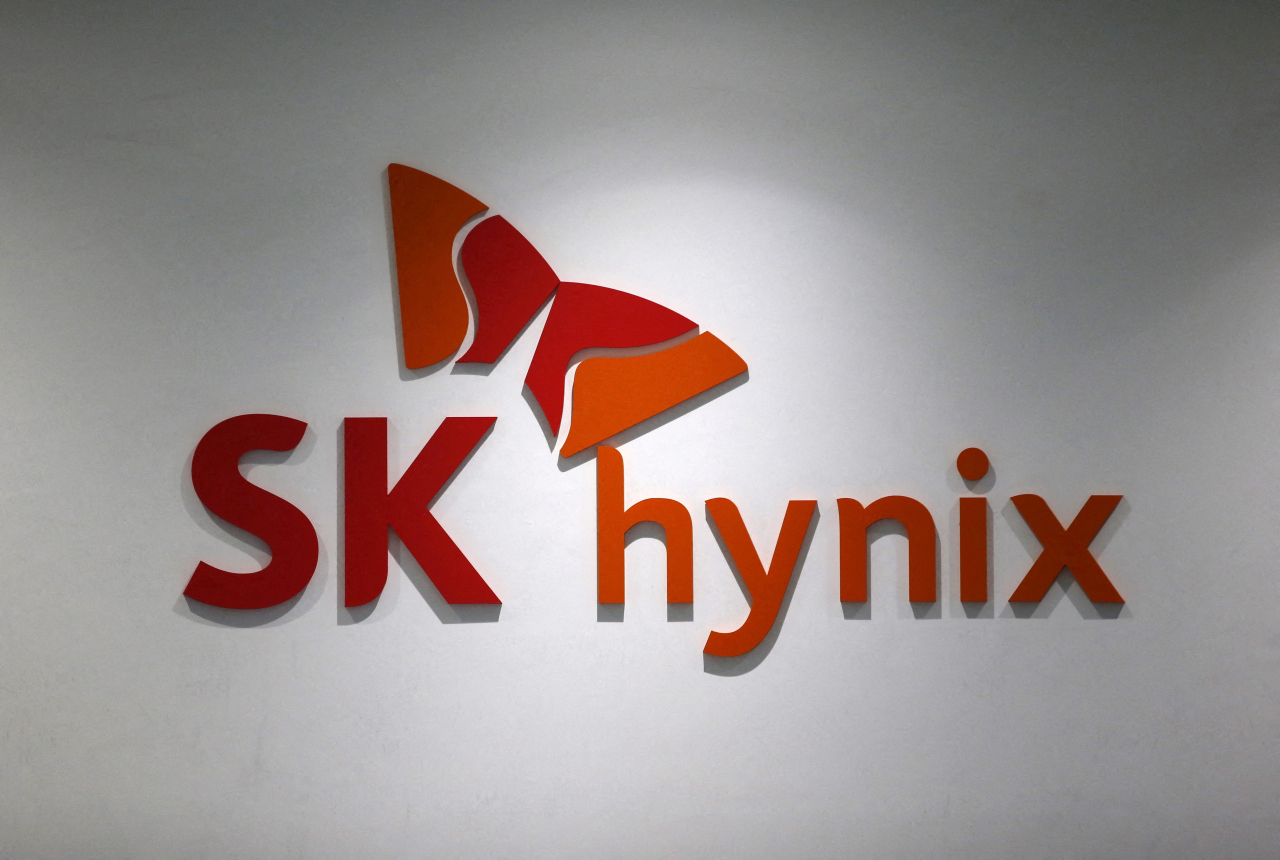SK hynix to build $3.87b chip packaging plant in Indiana
By Jie Ye-eunPublished : April 4, 2024 - 14:18

South Korean semiconductor powerhouse SK hynix said Thursday it will invest about $3.87 billion to build an advanced chip packing fabrication and research and development facility in West Lafayette, Indiana, amid intensifying global competition in the burgeoning artificial intelligence memory semiconductor industry.
The announcement was made at an investment agreement ceremony attended by officials from SK hynix, the state government of Indiana and Purdue University at the school on Wednesday. SK agreed to cooperation on the project with local institutions, including Purdue, which is known for its chip engineering programs.
The news came less than two years after SK Group Chairman Chey Tae-won unveiled an ambitious plan to spend $15 billion to boost the semiconductor ecosystem, including R&D programs, materials, advanced packaging and test facilities in a virtual meeting with US President Joe Biden in July 2022.
“The project, the first of its kind in the US, is expected to drive innovation in the nation’s AI supply chain while bringing more than a thousand new jobs to the region,” SK hynix said in a statement.
The company said the new facility marks its first overseas facility for next-generation High Bandwidth Memory chips. It plans to start mass production of AI memory chips, including HBM products, in the second half of 2028, while the Indiana manufacturing base will also develop future generations of chips and house an advanced packaging R&D line.
“We are excited to become the first in the industry to build a state-of-the-art advanced packaging facility for AI products in the US that will help strengthen supply-chain resilience and develop a local semiconductor ecosystem,” SK hynix CEO Kwak Noh-Jung said during the signing ceremony in Indiana. “With this new facility, we hope to advance our goal of providing AI memory chips with unmatched capabilities, serving the needs of our customers.”
SK hynix is a leader in the HBM industry as it began mass production of the latest fifth-generation HBM3E chips, the next-generation top-performing DRAM for AI applications, last month. Most of these chips are shipped to US AI chip giant Nvidia, as it has been a major supplier to the chip leader.
According to the Korean chipmaker, it selected Indiana for its first US packaging facility site due to the state’s robust manufacturing infrastructure, abundant R&D ecosystem and expert intellectuals in the semiconductors field, as well as the talent pipeline at Purdue University and the strong support provided by the state and local government there.
SK hynix has also reportedly applied for semiconductor production subsidies from the US government, according to industry sources and media reports. Bloomberg recently reported that Samsung Electronics, which invested $17 billion to build a new plant in Taylor, Texas, will likely receive more than $6 billion in subsidies.
In 2022, the Biden administration enacted the CHIPS and Science Act, providing a total of $52.7 billion over the next five years, including $39 billion in semiconductor incentives, $13.2 billion in research and workforce development and $500 million to strengthen global supply chains. The act is part of the US government’s efforts to restore the country’s leadership in chip manufacturing and support jobs across the semiconductor supply chain.
Separately, SK hynix said it would also proceed with its investment plans in Korea as scheduled. It has been working on a project of 120 trillion won ($89 billion) to create a chip cluster in Yongin, Gyeonggi Province.
As part of the production facility plans, the company will break ground on the first fab in March 2025, with plans for completion in early 2027. It will also build a mini fab, a facility with equipment for 300-millimeter wafer processing, to test semiconductor materials, components and equipment, the chipmaker explained.



















![[Today’s K-pop] Treasure to publish magazine for debut anniversary](http://res.heraldm.com/phpwas/restmb_idxmake.php?idx=642&simg=/content/image/2024/07/26/20240726050551_0.jpg&u=)